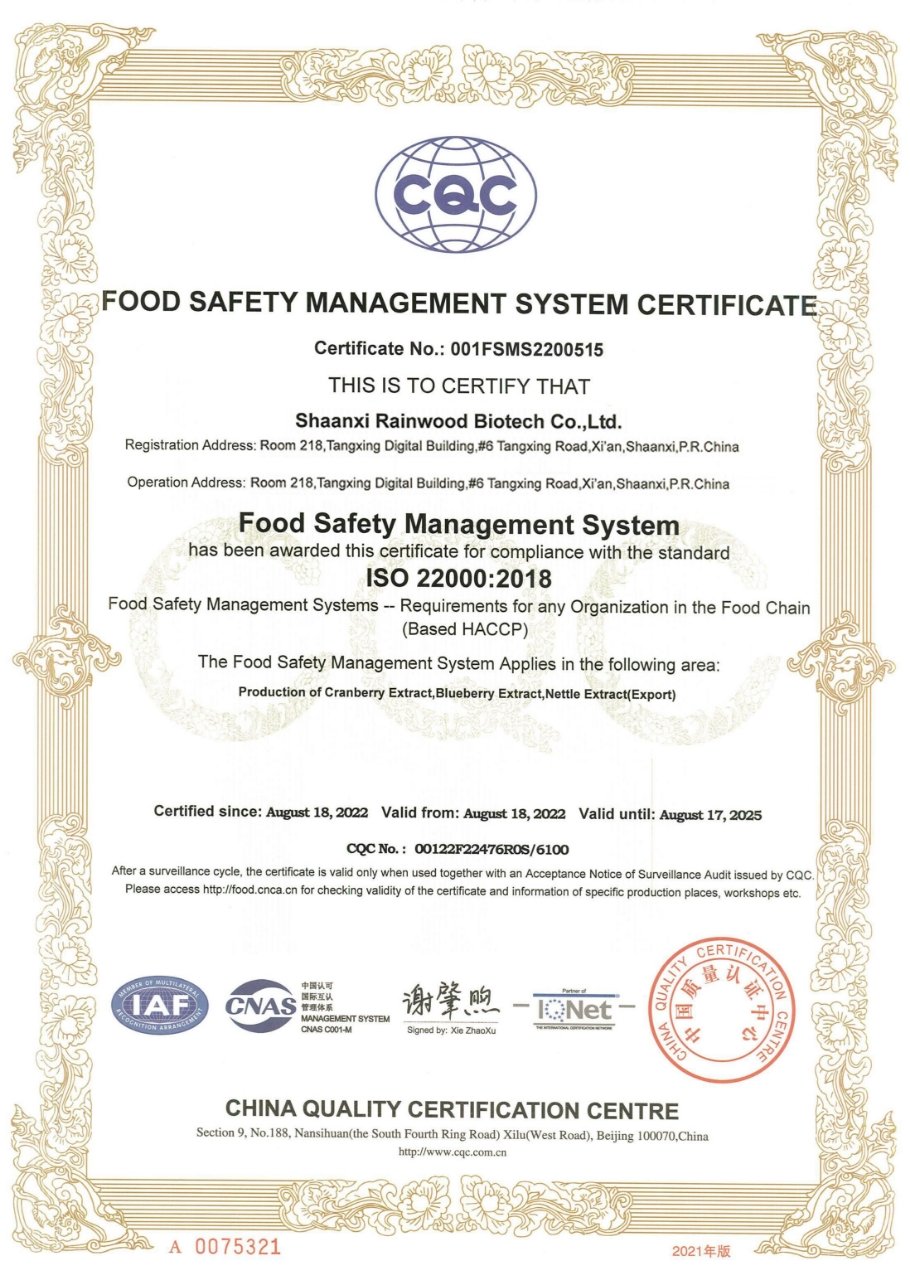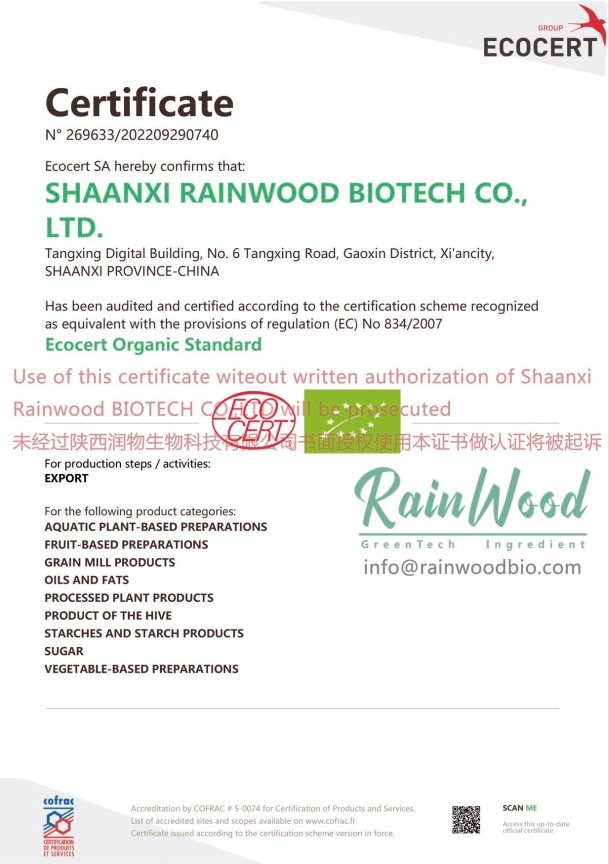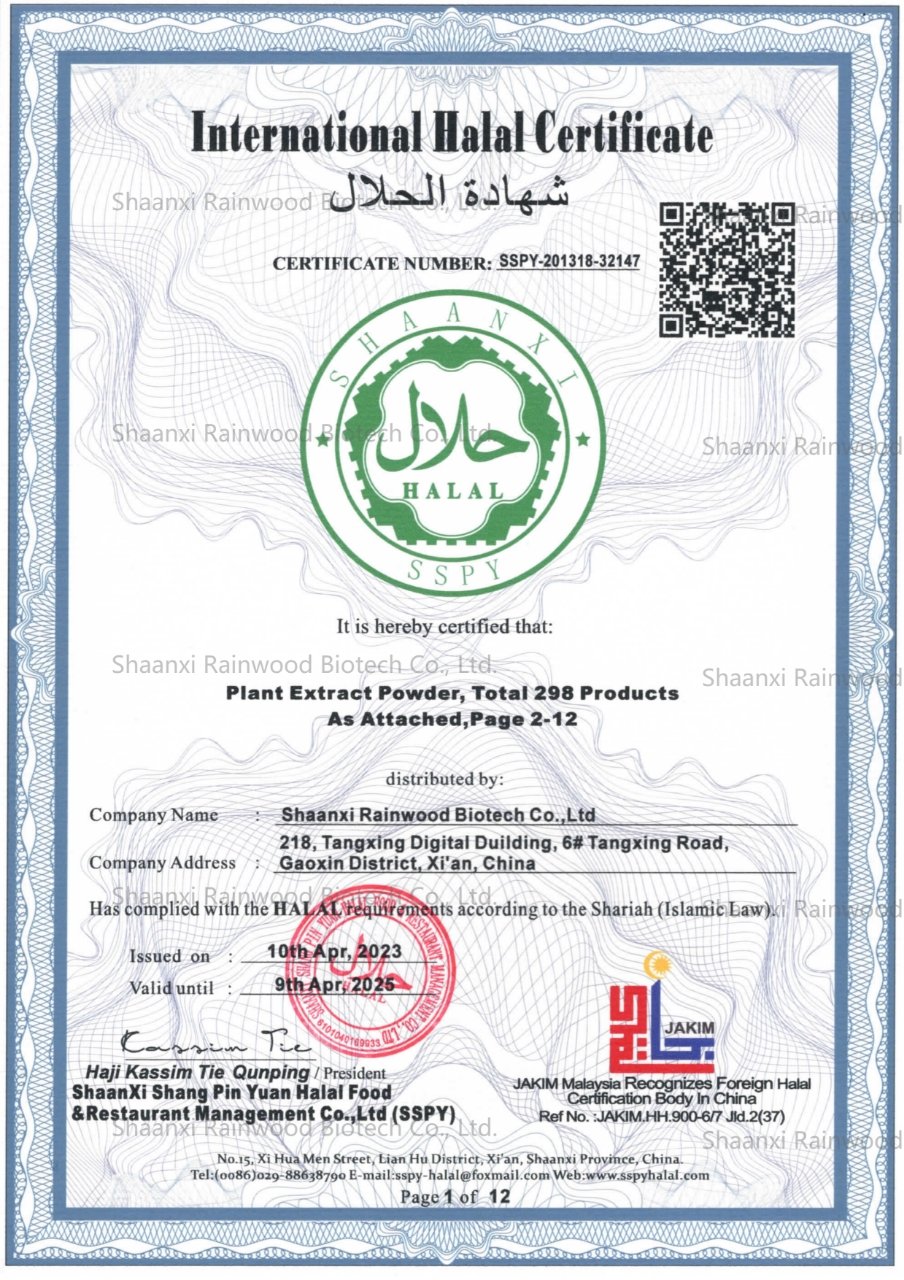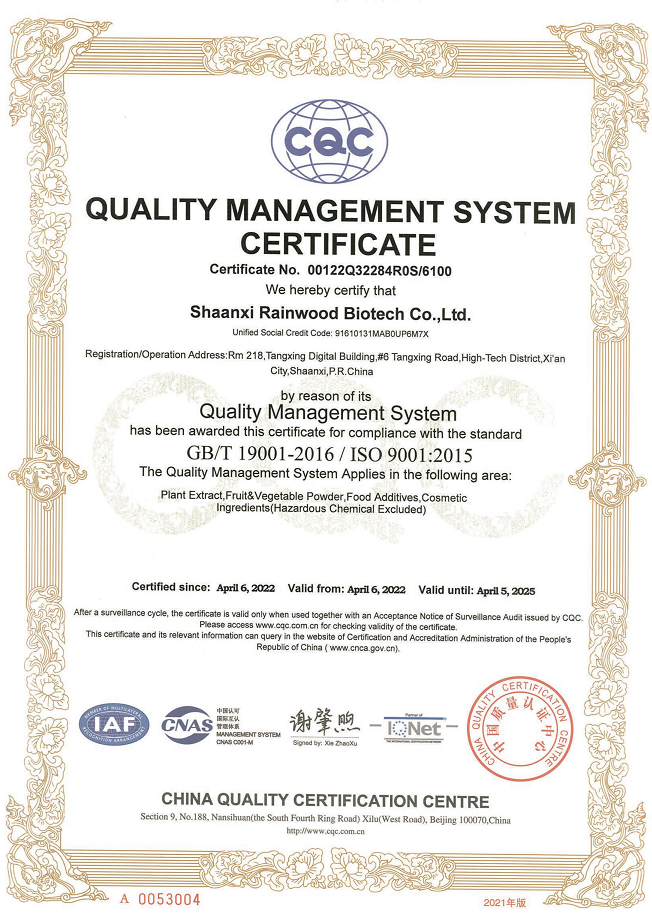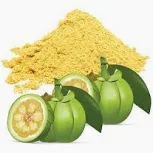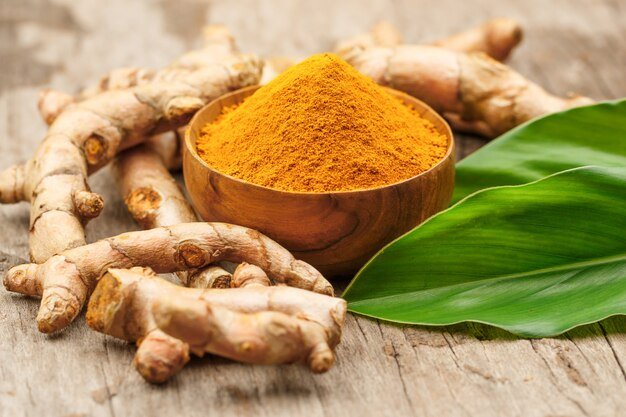Introduction: Proanthocyanidins, a subgroup of flavonoids, are natural compounds abundant in various plants like chocolate, blueberries, cranberries, apples, grapes, and green tea. Renowned for their antioxidant and anti-inflammatory prowess, these compounds offer a myriad of health and beauty benefits, influencing areas such as skin health, pregnancy, and overall well-being.
Understanding Proanthocyanidins: Also known as OPCs (oligomeric proanthocyanidins), these flavonoids are categorized under polyphenols, plant-based compounds celebrated for their antioxidant and anti-inflammatory properties. High concentrations are found in grape seeds and skin, contributing to the characteristic bitterness of grape seeds. Other sources include berries, chocolate, green tea, and various fruits and vegetables.

Key Health Benefits:
- Potent Antioxidant: Proanthocyanidins act as powerful antioxidants, thwarting free radicals that can cause damage to DNA, cells, and essential body components. This protection helps prevent chronic conditions like cancer, heart disease, and Alzheimer’s.
- Anti-Inflammatory Properties: Proanthocyanidins exhibit robust anti-inflammatory properties, aiding in the reduction of inflammation linked to various diseases, including arthritis, heart disease, and diabetes.
- Skin Advantages: Proanthocyanidins deliver diverse skin benefits, including anti-aging effects by protecting against free radical damage, increasing skin hydration, and shielding the skin from UV damage, a major contributor to premature aging.
- Nutrient-Rich: Proanthocyanidins are naturally present in a variety of nutritious foods, encompassing fruits, vegetables, nuts, and seeds, offering a spectrum of vitamins, minerals, fiber, and other beneficial compounds.
- Cardiovascular Support: Proanthocyanidins contribute to cardiovascular health by reducing inflammation, enhancing blood flow, and lowering blood pressure, thereby reducing the risk of heart disease and stroke.
Proanthocyanidins Benefits for Skin: The skin, a primary beneficiary of proanthocyanidins, experiences several advantages, including:
- Anti-Aging Effects: By safeguarding against free radical damage, proanthocyanidins aid in reducing the appearance of wrinkles, fine lines, and age spots, promoting youthful and resilient skin.
- Increased Hydration: Proanthocyanidins contribute to a more hydrated and plump skin appearance, particularly beneficial for mature or dry skin requiring additional moisture.
- Protection from UV Damage: Acting as a shield, proanthocyanidins help prevent damage caused by UV radiation, a significant factor in skin aging and damage.
Proanthocyanidins Benefits in Pregnancy: During pregnancy, proanthocyanidins offer specific advantages owing to their antioxidant properties:
- Reduced Preeclampsia Risk: By enhancing blood flow and curbing inflammation, proanthocyanidins may lower the risk of preeclampsia, a serious complication during pregnancy.
- Lower Risk of Preterm Labor: Proanthocyanidins may mitigate the risk of preterm labor by addressing factors like inflammation, stress, and infection that contribute to preterm births.
- Protection Against Free Radical Damage: The antioxidant prowess of proanthocyanidins becomes crucial during pregnancy, helping protect the body from heightened free radical damage.
Foods Rich in Proanthocyanidins:
- Grapes: Particularly concentrated in grape seeds and skin, consuming red grapes can significantly contribute to heart health.
- Berries: Blueberries, cranberries, and raspberries offer not only proanthocyanidins but also vitamin C, dietary fiber, and other valuable nutrients.
- Nuts and Seeds: Almonds, pecans, and sunflower seeds stand as excellent sources of proanthocyanidins, coupled with protein, healthy fats, and additional beneficial compounds.
Proanthocyanidins Side Effects: While generally safe, individuals may experience rare side effects like digestive issues, headaches, or allergic reactions. Moderation is key, and consulting healthcare providers before introducing high levels of proanthocyanidin-rich foods or supplements is advised.

Conclusion: Proanthocyanidins emerge as potent antioxidants with a spectrum of health and beauty benefits. From fortifying skin health and reducing cardiovascular risks to aiding pregnancy well-being, their multifaceted advantages make them a valuable addition to a balanced and wholesome diet. Embracing a diverse array of proanthocyanidin-rich foods contributes not only to skin vibrancy but also to overall health and vitality.








